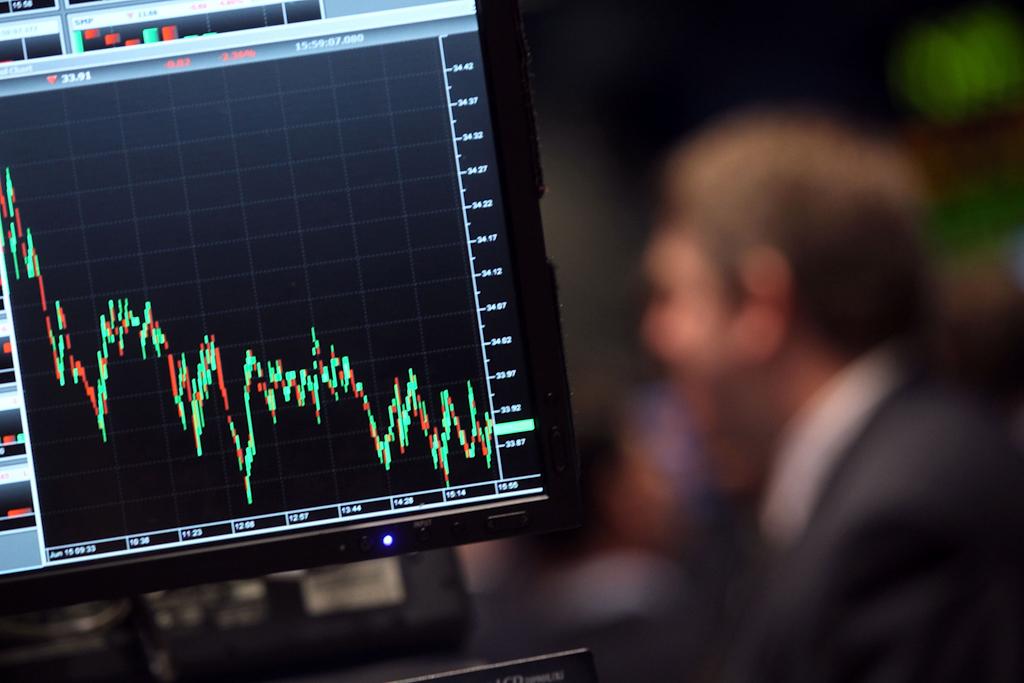U.S. reports job growth amid market fears (UPDATES)
Traders work on the floor of the New York Stock Exchange before the close on June 15, 2011 in New York City.
A day after the worst sell-off of U.S. stocks since early 2009, the U.S. Labor Department released a better-than-expected report on job growth.
U.S. payrolls increased by 117,000 in July, beating market expectations of 85,000. The unemployment rate fell to 9.1 percent from 9.2 percent, though Reuters reports the change was mostly the result of people leaving the work force.
In addition, payroll numbers for May and June were revised upwards by 56,000.
All the gains in July came from the private sector, where employers added 154,000 jobs. Government payrolls dropped by 37,000 in July, the ninth straight month of losses for the sector, mostly due to a government shutdown in Minnesota that left thousands without pay during the period, according to Reuters.
Stock futures rallied more than 1 percent immediately after news of the report, according to Reuters, offering a bit of good news at the end of a dreadful week.
World stocks have lost $2.5 trillion in value this week, Reuters reports.
The Dow Jones industrial average fell 4.3 percent on Thursday, while the Standard & Poor's 500 fell 4.8 percent. The S & P has fallen 10.7 percent since July 22, according to The New York Times.
The positive jobs news sent U.S. stocks zigzagging early Friday, according to the Wall Street Journal:
The Dow Jones Industrial Average was recently down 8 points, or 0.1 percent, to 11376, in volatile trading. The blue-chip index rose as much as 171 points in early trading, but lost all of its gains within the first half hour of trading. Then it bounced back after being more than 70 points lower.
Stocks rose Friday afternoon on newws of progress in the euro zone's debt crisis, the Journal subsequently reported.
The Dow Jones Industrial Average recently gained 116 points, or 1 percent, to 11499, led higher by Kraft Foods, which rose 3.1%, and Exxon Mobil's 2.5% gain. The blue-chip index gained as much as 171 points in early trading, but lost those gains within the first half hour of trading and dropped as much as 245 points at its morning low.
The Times reported earlier that slow manufacturing and service activity, combined with government spending cuts, "are raising questions about where future growth will come from on both sides of the Atlantic."
Sam Stovall, chief investment strategist at Standard and Poor's, told CNN before the Labor Department report's release that if the job numbers failed to meet expectations, the selling would continue.
"[I]nvestors believe there's a lack of catalysts that could help turn things around," Stovall said.
Investors pulled billions of dollars out of Asian and European stock markets earlier on Friday, with Tokyo's key Nikkei index down 3.72 percent, and Hong Kong's Hang Seng plunging 4.29 percent. Morning trading in Europe was similarly bleak.
Officials at the U.S. Federal Reserve are expected to meet next Tuesday to discuss the contents of the jobs report, Reuters said, but are not expected to announce any new actions to help the economy:
The U.S. central bank has cut interest rates to zero and spent $2.3 trillion on bonds. Policymakers have said they want to see how the economy fares before taking any further action.
